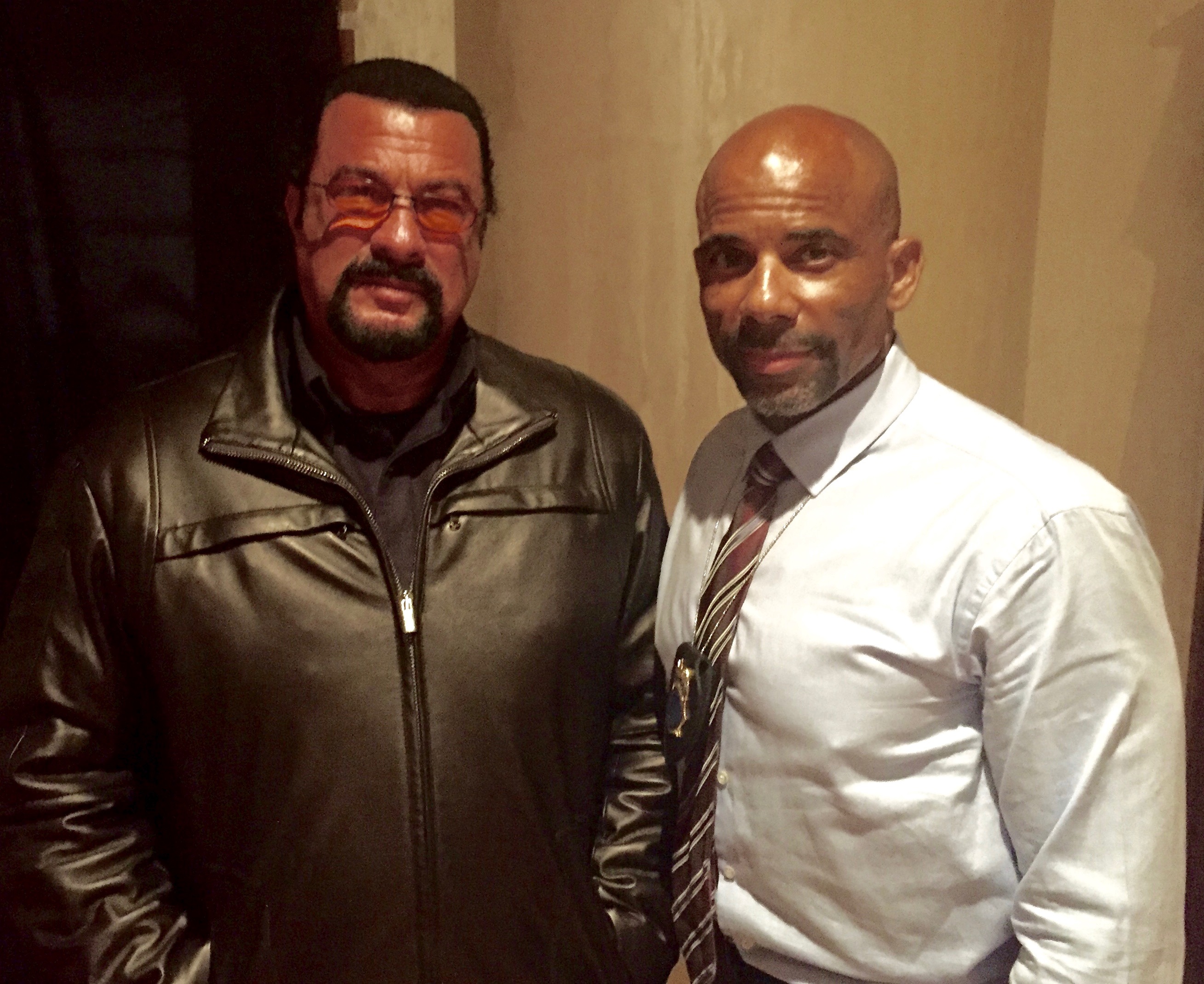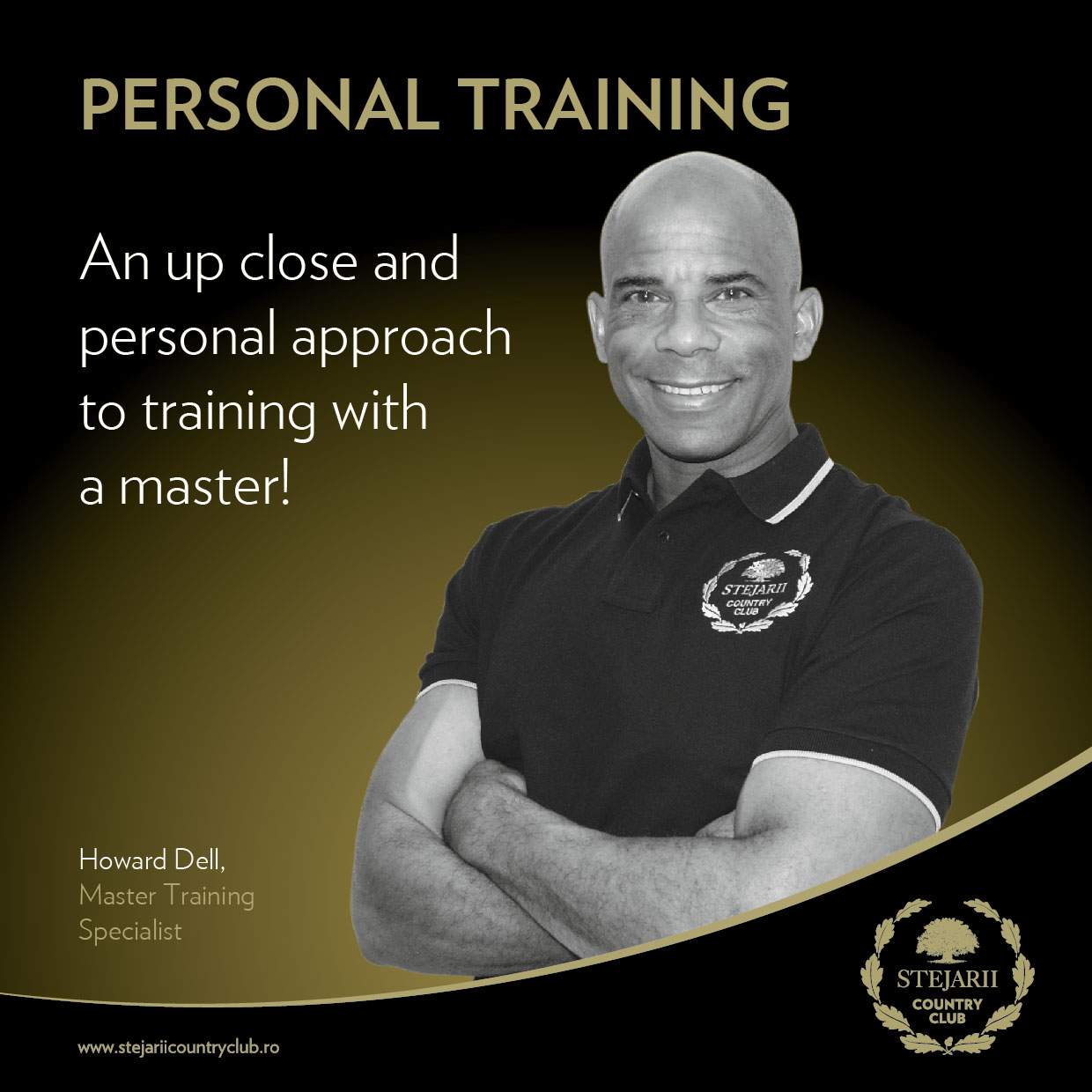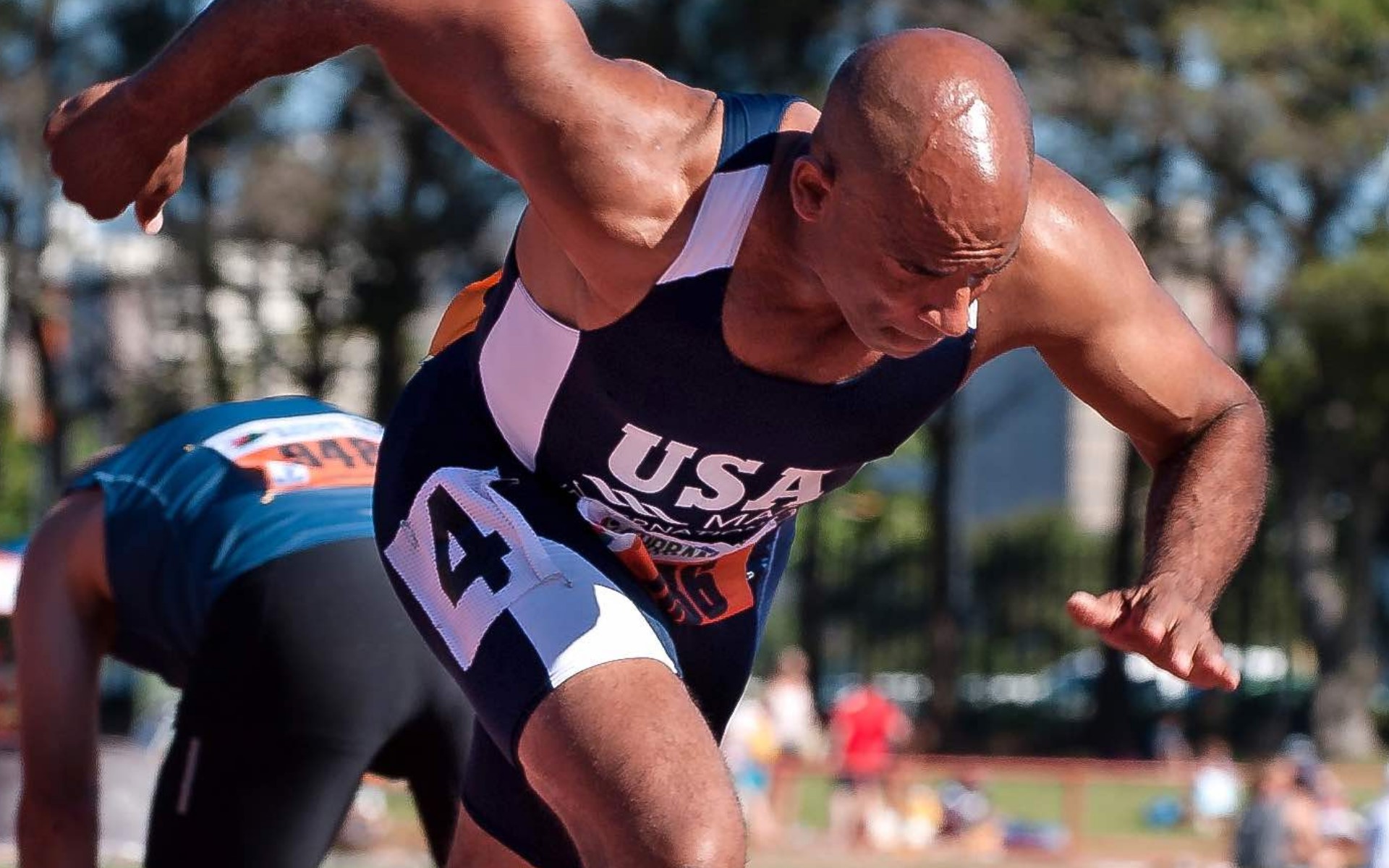First he was broken down. And now he’s just plain broke.
But Belleville native Howard Dell is happy to be alive and happy to start all over again.
Dell, 48, was hit with a rare liver disease three years ago, underwent a transplant in November and after leaving the hospital in Los Angeles at a frail 148 pounds, the six-foot-two athlete and actor (Detective Troy Hawkins on ‘Young and Restless; Agent Dobrinsky on ‘Once A Thief’ series, among others) is now a robust 210.
“The last three years I’ve been staying alive and now I’m starting at zero,” said Dell during a recent telephone interview from his home in Victoria, B.C. “But you know what? I’ve got a new liver.”
Three years ago, when he was flattened by a rare liver disease known as Primary Sclerosing Cholangitis (PSC) — the same ailment that killed former NFL superstar Walter Payton of the Chicago Bears — Dell sold all of his earthly possessions and hit the road in search of any kind of treatment that could keep him alive until he could get a transplant.
“I was pretty freaked out,” said Dell, a graduate of Bayside Secondary School who played football at McMaster University in Hamilton and had stints in the NFL and CFL. “The diagnosis is a couple of months. Walter Payton couldn’t get a transplant so if he couldn’t, how could I?
“So, I sold everything I had and literally went everywhere in the world to try to stay alive and I managed to stay alive for two years.”
Dell went to China and other parts of Asia, Europe and New Zealand seeking treatments and visiting clinics.
“Hey, if they were doing voodoo and it helped, I was showing up,” he said.
Eventually, with death staring him in the face, Dell returned to L.A. where he received a transplant.
“You don’t know who you get the transplant from but you’re allowed to write a letter that an agency gives to the donor family and they either write you back or they don’t,” said Dell. “I wrote my letter but haven’t heard anything back.”
Today, Dell’s training regimen is simple and so is his diet.
“I don’t get psychotic in the weight room anymore, just lots of standard stuff like we used to do in high school,” he said.
As for diet, Dell concerns himself more with what he shouldn’t eat.
“Stuff like sodas, which are death in a bottle, and no fast foods,” he said. “Hey, it’s not easy. I love Coke and Pepsi and I like a good burger just like the next guy. But I try to eat fresh food and I don’t eat as much beef as I used to because it makes you gain weight and then you’re looking at heart disease.
“If it comes from the ground, it’s good. If it comes from the farm, it’s good. It hasn’t been sitting on a shelf in a supermarket.”
To make ends meet on his road to recovery, Dell is writing a book about diet — Eating Left Because Right Didn’t Work — which debunks many of the myths about eating correctly that he says we were taught growing up.
“Remember when they said margarine was supposed to be OK?” he said. “The pun in the title of the book is that we’re going to eat left because what we were told about eating right, was wrong.”
Dell is also filming a documentary about his disease, transplant and recovery.
Though his strength and conditioning improves on a daily basis, Dell knows he’s nowhere near the former shape he was in while training and competing for the Canadian Bobsled Team. But he’s getting there.
“I’m not there yet,” he said. “After something like this, you have to redefine normal. I started off getting out of the hospital and taking 27 different medications a day. Now, I’m down to six.”
Dell’s progress has been encouraging enough to allow him to enter the U.S. Transplant Games July 30-Aug. 4 in Madison, Wisconsin.
“It’s like the Olympics for transplant patients,” he said. “There’ll be about 2,500 athletes there. I’ll let the ego compete. Oh yeah, the ego will be out there.”
Dell will compete in the 100m, 200m, shot put and discus events plus the softball throw. After that, he has targeted the Canadian Transplant Games Aug. 9-14 in Quebec City and the 2011 World Transplant Games next summer in Sweden.
He said his athletic background helped him get through some tough times prior to his liver transplant.
“Yeah, attitude helped, but I was in denial,” he said. “I looked great. I was in great shape — on the outside. But inside, I was dying. Only one in three million people get this disease and you think, ‘why me?’
“But you just don’t quit. You know it’s going to be painful, but you keep telling yourself you’ll get a second chance.
“Now, I feel great. I feel like Benjamin Button.”
Today, Dell said he looks at life differently.
“I think now with more urgency,” he said. “I’d like to say, ‘sure, the prognosis is good,’ but the reality is, how many people do you know who can say they had an organ transplant 20 years ago?
“I don’t know how much time I have. I just know what I can do with that time.”
For Dell, that includes becoming a spokesman for organ donation.
“Sign those donor cards,” he said. “You can help save a life.”






